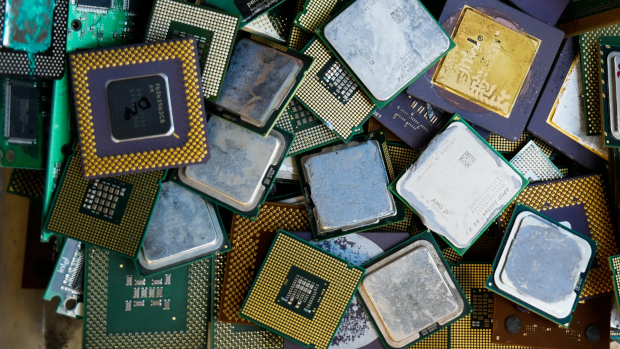
Deep knowledge of computing is in as short supply as CPUs
News that car companies Ford and GM are to design their own silicon and have it manufactured by partners in the US has underscored the fact that there is more to computing than social media and streaming video. One company that knows this too well is Intel which, despite getting its core handed to it by AMD and Nvidia in the stock market, is continuing to invest heavily in chip design and manufacturing capacity.
One reason for Intel’s slump is that in the wacky world of share trading major investment is seen as ‘mere’ capital expenditure. Forget the markets, that Intel is planning to spend by building new plants – including one in Europe – can only be seen as good news.
Unlike some of its competitors who farm out manufacturing to third parties, Intel has always had manufacturing as a central part of its business. The new plans can also be seen as a recognition that the current chip shortage is both a disaster and an opportunity.
Reading the business pages of French daily Le Figaro recently I noted that the country hopes to attract Intel’s new plant, though the report admitted France was not the leader. Instead, it said, the factory was likely to be built in either Germany or Italy. There was no mention of Ireland whatsoever. The die is not yet cast but despite a recent visit by chief executive Pat Gelsinger I do wonder if Ireland’s chances are wafer-thin in light of what appears to be the beginnings of a growing backlash against tech.
Thinking about CPUs reminds me that so much in tech today, primarily social media, is little more than marketing. This is a real pity as a focus on the nuts and bolts, or rather registers and cache, would do a lot to cement Ireland’s place as a technology hub for the EU.
Other countries could certainly give us a few pointers. China’s Longsoon CPU, a MIPS-compatible design, may not have gained much traction on the desktop, but it is finding a home in the aerospace and defence sectors. At the same time, British regulators are toying with blocking Nvidia’s planned $40 billion (approx. €35.5 billion) takeover of chip darlings Arm. Meanwhile, Ireland has little significant commercial input into the European Processor Initiative, which was first shown in prototype form in 2020 after years of development.
Right around the world silicon is being seen as a growing strategic interest, so it would be nice to draw some attention to how computers actually compute. Dismiss it as ‘old man yells at (the) cloud’ if you like, but increasing abstraction from hardware is a worrying trend.
One Irish security engineer I spoke on condition of anonymity said a deep understanding of the machine was helpful in his line of work.
“When I was in college I greatly appreciated the architecture and operating system classes, but you could tell that some people’s eyes were glazing over,” he said.
He admitted that there was a high barrier to entry for system-level programming, not least having to learn assembling itself.
“There’s a lot of mental overhead that goes into thinking about pointers,” he said
Tough as it may be, developing a fundamental understanding of the machines that run almost every aspect of our lives is surely something that would pay dividends.






Subscribers 0
Fans 0
Followers 0
Followers